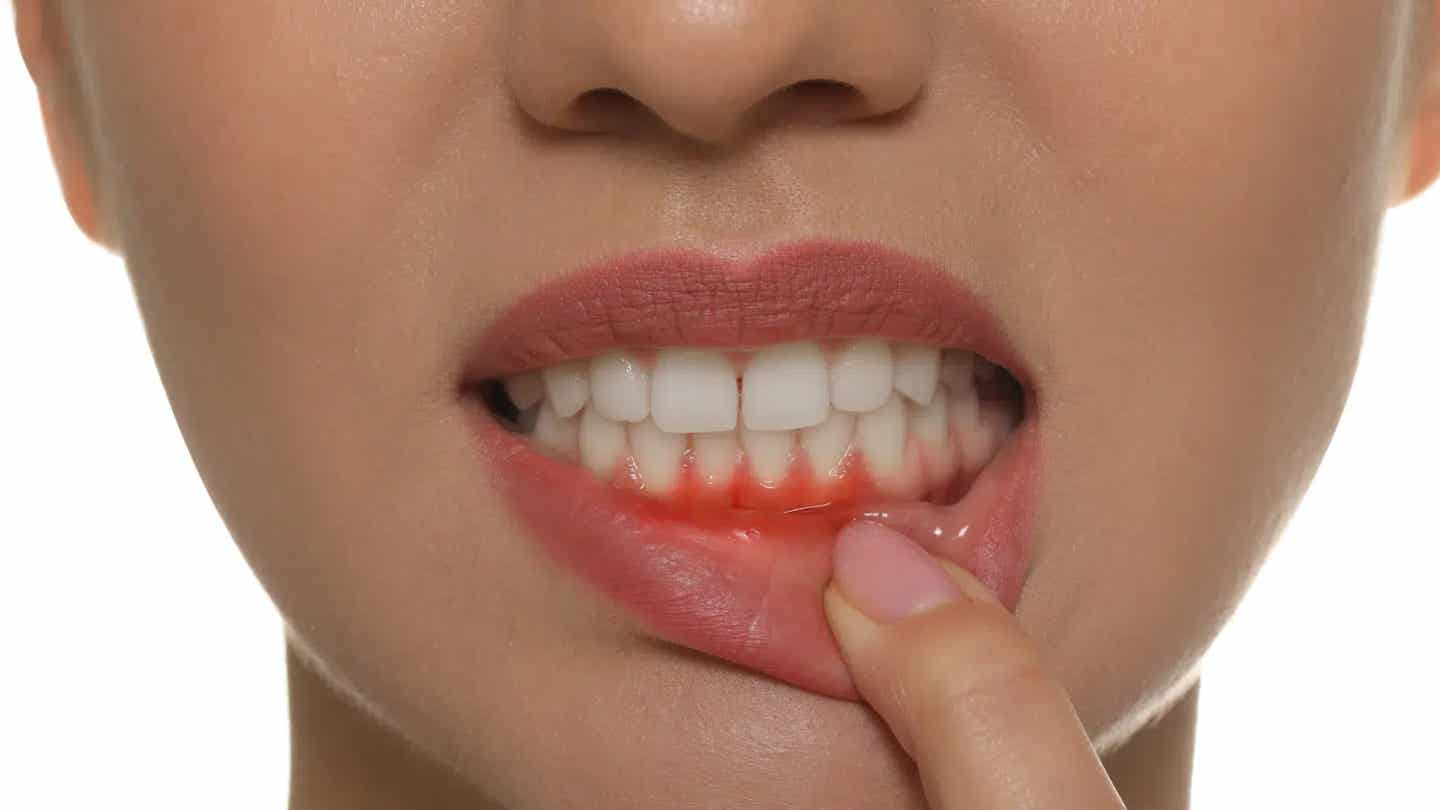Common cholesterol-lowering drugs can also fight gum disease, study finds
Statins, widely used in lowering cholesterol levels and reducing the risk of heart disease, may also hold promise for improving gum health.

Statins, widely recognized for their role in lowering cholesterol levels and reducing the risk of heart disease, may also hold promise for improving gum health. (CREDIT: Creative Commons)
Statins, widely recognized for their role in lowering cholesterol levels and reducing the risk of heart disease, may also hold promise for improving gum health, suggests a recent study.
Conducted in cell cultures, the research unveils the potential of cholesterol-lowering drugs to mitigate inflammation associated with periodontal disease by influencing the behavior of immune cells known as macrophages.
Led by Subramanya Pandruvada, an assistant professor at the College of Dental Medicine, Medical University of South Carolina, the study sheds light on a novel approach to treating periodontal disease.
Research presented at Discover BMB in San Antonio showed that statins help lower inflammation associated with periodontal disease by changing how immune cells behave. (CREDIT: Creative Commons)
"Our study replicated specific conditions in periodontal disease and demonstrated that introducing statins to our in vitro model modifies macrophage response," explained Pandruvada. The findings are slated for presentation at Discover BMB, the annual meeting of the American Society for Biochemistry and Molecular Biology.
Periodontal disease, characterized by bacterial growth in the gums triggering an inflammatory response, affects nearly half of adults over 30, according to the U.S. Centers for Disease Control and Prevention.
Left untreated, it can result in tooth loss. While current treatments involve antibiotics, deep cleanings, and surgeries, researchers are exploring less invasive strategies to manage the disease.
Related Stories
Previous studies hinted at the potential benefits of statins in reducing periodontitis symptoms. However, this new research delves deeper, uncovering the biochemical pathways through which statins might alleviate gum inflammation.
"Our study highlights a novel approach in which statins affect macrophages specifically, which, through this mechanism, can help treat periodontal disease," emphasized Pandruvada.
Macrophages, pivotal in combating infections, can exacerbate inflammation depending on their form during different phases of the immune response. In the study, researchers cultivated macrophages and gum cells together, subjecting them to various conditions.
They observed that exposure to simvastatin, a common statin drug, suppressed the inflammatory response of macrophages.
The team's next endeavor involves assessing the effects of statins on periodontal disease in animal models, a crucial step toward evaluating the safety and efficacy of this approach for future therapies.
These findings build upon the group's earlier research published in the journal Cells.
This study presents a promising avenue for leveraging statins not only for their cardiovascular benefits but also for improving gum health.
By targeting macrophages and dampening inflammation, statins offer a potentially groundbreaking approach to managing periodontal disease.
Further research will elucidate the full extent of statins' therapeutic potential in oral health, paving the way for innovative treatments to combat this prevalent condition.
For more technology news stories check out our New Innovations section at The Brighter Side of News.
Note: Materials provided above by The Brighter Side of News. Content may be edited for style and length.
Like these kind of feel good stories? Get the Brighter Side of News' newsletter.



